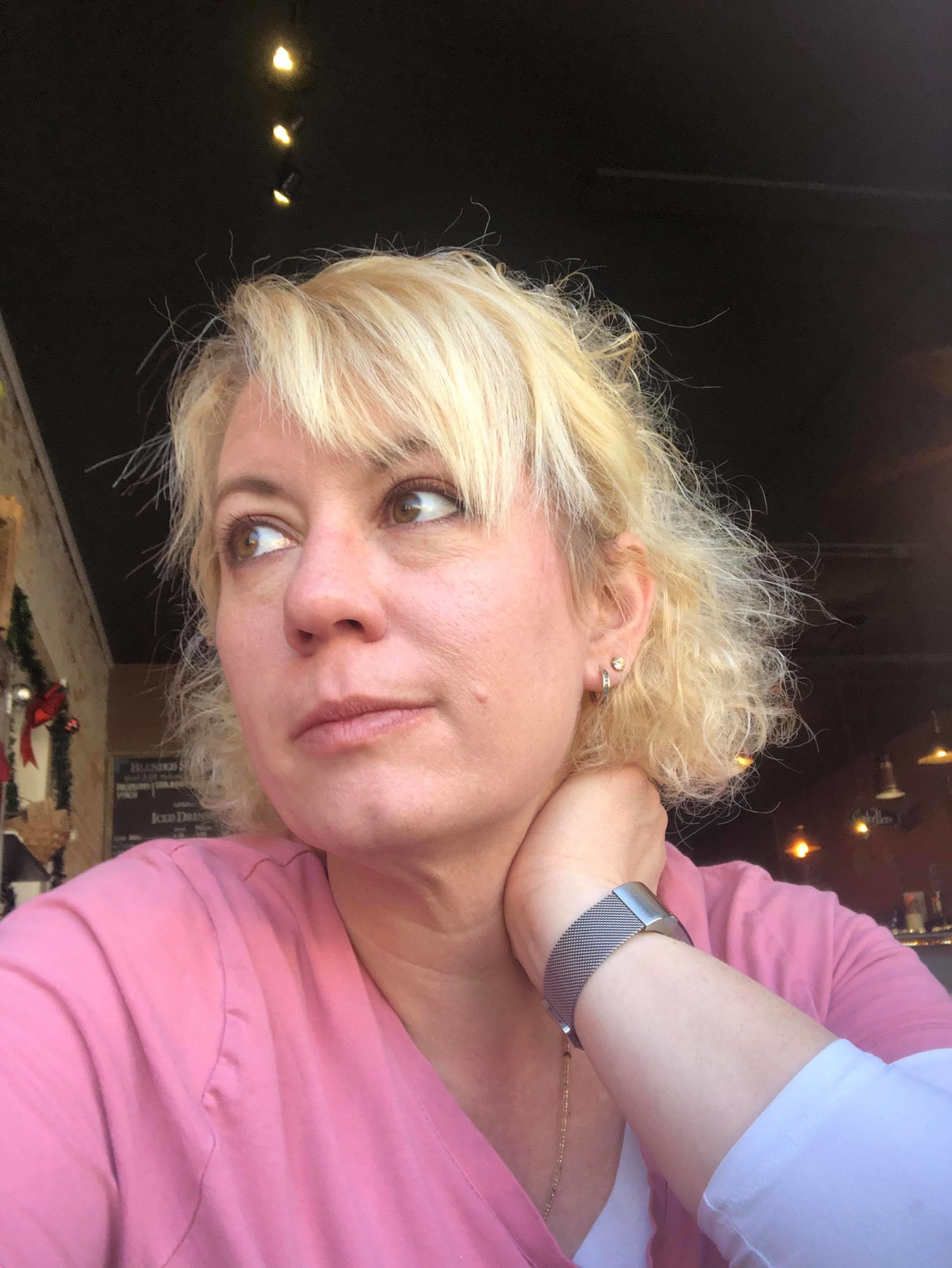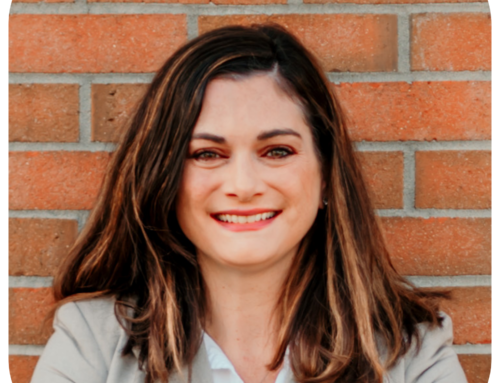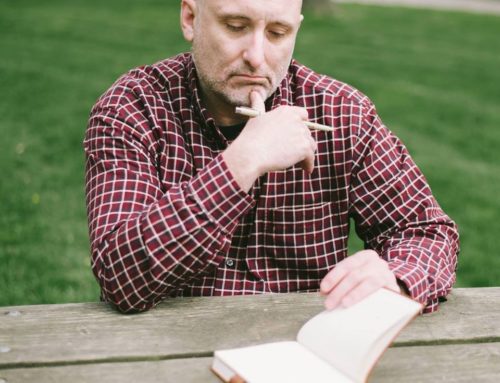Laura Moseley is a single mother of three children, who survived 23+ years of sexual and domestic abuse. I formally work as a customer service rep for a social service organization, as I love helping people. DV advocate, in my “spare” time. I am a blogger, future podcaster, public speaker, and community activist.
I, after 23+ years of abuse within my life, would consider myself to have an “unofficial” doctorate in trauma, as I’ve used myself as a bizarre test subject for years — but not intentionally. It’s more like sitting with my own pain and analyzing, now that I am no longer in active abuse.
Trauma, as defined by Merriam-Webster’s dictionary, is “a disordered psychic or behavioral state resulting from severe mental or emotional stress or physical injury.” It derives from the Greek word for “wound,” which initially signified a physical wound, but can now be seen as a psychological one as well. In whatever form, trauma is highly unpleasant.
Those who have not experienced a traumatic event themselves, do not — or cannot see beyond the initial event for the survivor. To non-survivors, the trauma survivors should merely just “get over it,” taking comfort in knowing that they’re presently safe. However, after having experienced several traumatic events caused by domestic violence myself, I have personally learned that trauma is a three-fold experience and something that one does not merely “get over.” It’s like being in an ocean of emotion and pain.
During the first wave, there is the initial traumatic experience itself, such as experiencing first-hand violence or surviving a natural disaster event. This is known as acute trauma, as it is a one-time concurrence. The second type is chronic trauma. An example of this type would be experienced by military veterans, during combat or intensive situations, usually experienced a series of numerous and extended events. Lastly, there is complex trauma. Complex trauma occurs when someone is exposed to multiple and varied events over a long period of time, never knowing when it will occur, but anticipating it at every turn. Basically something(s) have to happen that are deeply distressing and disturbing, both mentally and/or physically, to initially become a total “traumatic” experience.
The second wave of trauma is the survivor facing the wrongs have been done and figuring out how to best cope with it. There are the nightmares from it, the “what if” scenarios victims think about (often called “survivors guilt”), and the conditions that can result by experiencing said recap. Post traumatic stress disorder (PTSD) is regularly associated with veterans, but any survivors of any trauma can experience it. Complex post traumatic stress disorder (C-PTSD) is the outcome of the complex type of trauma. There are other co-occurring conditions that can show up, too, when someone has experienced trauma: anxiety, depression, obsessive compulsive disorder, eating disorders, substance abuse, self-harm, and suicidal ideations — just to name a few.
The second wave can include the process of looking for solutions, such as formal or informal therapy. Formal therapy is guided and official, utilizing a clergy-person, counselor, therapist, psychologist, or psychiatrist. Meanwhile, informal might look like: talking with a trusted friend or family member, reading self-help books, listening to motivational audio/video recordings — also known as “self-help.” There is also the development of coping mechanisms, both positive and negative. Positive ones might be going to the gym, getting a manicure/pedicure, self-improvements to physical appearance, meditation/yoga, and taking an art class — also known as “self care.” Negative ones can include: smoking, excess shopping, binging on certain foods or alcohol, working excessive hours, watching TV mindlessly for hours, and random sex. Therapy can be helpful in healing from trauma, while the positive/negative coping mechanisms merely serve as temporary distractions from the affects, or as I like to call “fall out,” from the trauma. Both solutions, however, raise the serotonin and dopamine levels in the brain, with the therapy being more effective because it is multiple and on-going, verses the coping mechanisms raising levels temporarily, and only a little bit, if any.
The third wave, that no one seems to talk about, is further “fall out” from the trauma that can occur much later on. Even though a person might be mentally in a better place from the trauma and a significant amount of time has passed since the traumatization of the survivor, these nuisances can be directly related to the stress of trauma and lie dormant until much later. This wave comes in the form of chronic disorders that can occur because of the stress and the “fight or flight” reflex that [mainly] chronic and complex trauma survivors experience. Basically, a survivor’s body remained so tense and the lactic acid built up in the body due to the stress and trauma, it later can trigger chronic pain issues.
What is a chronic pain disorder? Harvard medical experts are finding a link between these disorders and PTSD. First, the person is put through a high amount of stressors and the storing of the stress chemicals [in the body] manifest, painfully, later. Common chronic conditions that can co-occur are fibromyalgia, chronic fatigue syndrome, and migraines. The increase risk for stroke and cancer have also been linked as a possible “fall out” to traumatization. The chronic pain disorders can be much harder to treat, be more debilitating over time, and are often diagnosed as another condition(s) entirely. These chronic conditions often sound like symptoms made up for attention and not the on-going debilitating experiences that they truly are. Basically the trauma has made the body poison and attack itself. The recent quote about trauma that I heard, rings true: “What the brain forgets, the body won’t.”
Due to the length of time I was immersed in trauma, I am currently suffering from fibromyalgia. I had always thought that the mental abuse was worse than the physical, because the physical wounds heal. The initial physical wounds did heal and bruises went away. However, no one speaks of the more physical onslaught brought on by the chronic pain that I am experiencing. It is a component of both the mental and physical trauma that lies dormant until it wants to manifest, years later. The feeling of this chronic illness is like no other: it’s like being on fire and electrically shocked simultaneously, as every nerve in my body is activated and over-stimulated. I am seeking treatment for it now, but so far have been met with, “Oh, sorry you’re hurting, but we can’t really find anything wrong with you.” There’s no sure-fire tests for fibromyalgia, from what I’ve researched, it’s a series of doctors and specialists, with trial-and-error methods/results.
The waves are different now. I used to fight with my mind, now more so with my body. Trauma is not like wading around in a pool, then getting out when the lifeguards blow the whistle. It’s more like the ocean’s riptides and you never know if you’ll see the surface again. It’s unreal and under-reported.







